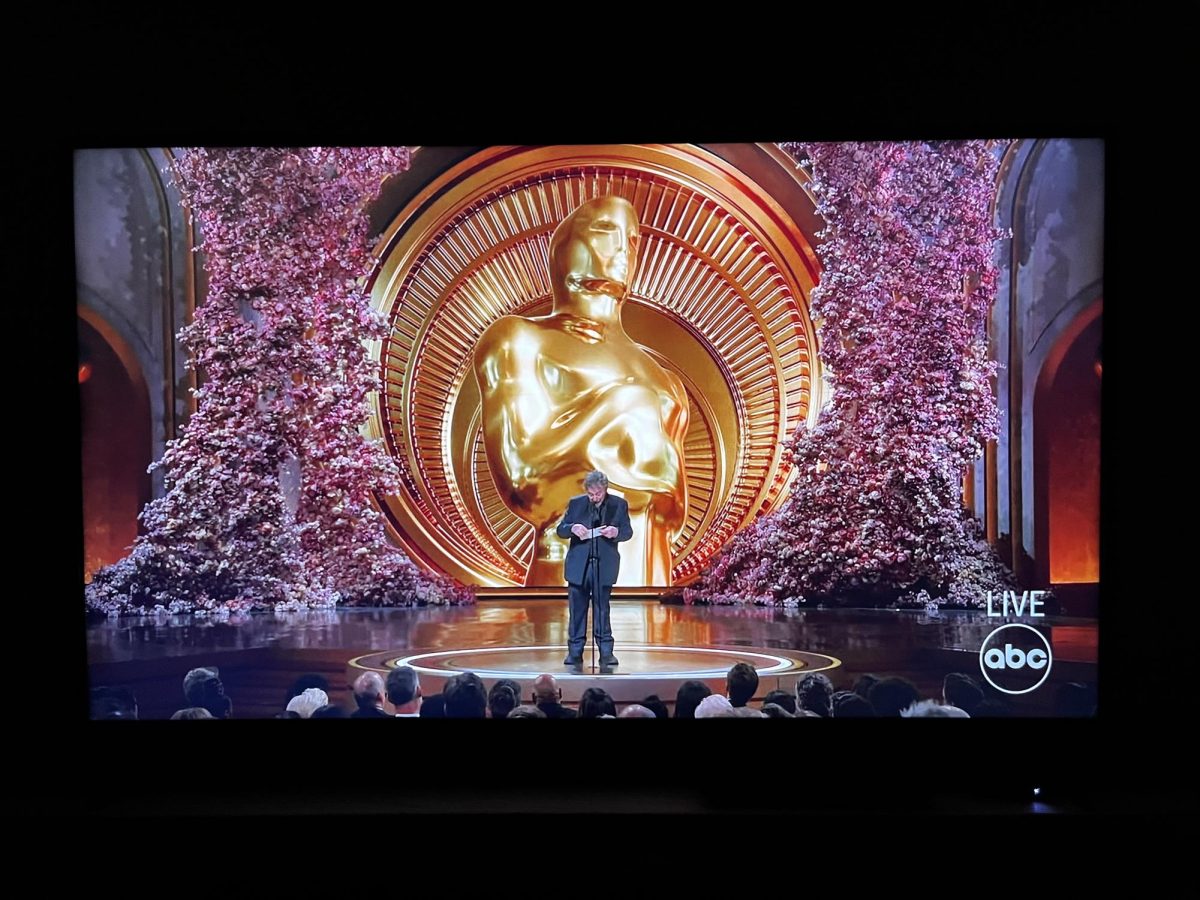The 96th Annual Academy Awards were held on the evening of March 10th, 2024. Emceed by Jimmy Kimmel for the 3rd time, the ceremony was filled with energy, anticipation, and moving speeches. The winners are chosen on merit, but also on their campaigns, their previous speeches, the For-Your-Consideration boxes sent to the voters, and their release date. So, disregarding this, let’s take a look at who should have won the Oscars this year.































